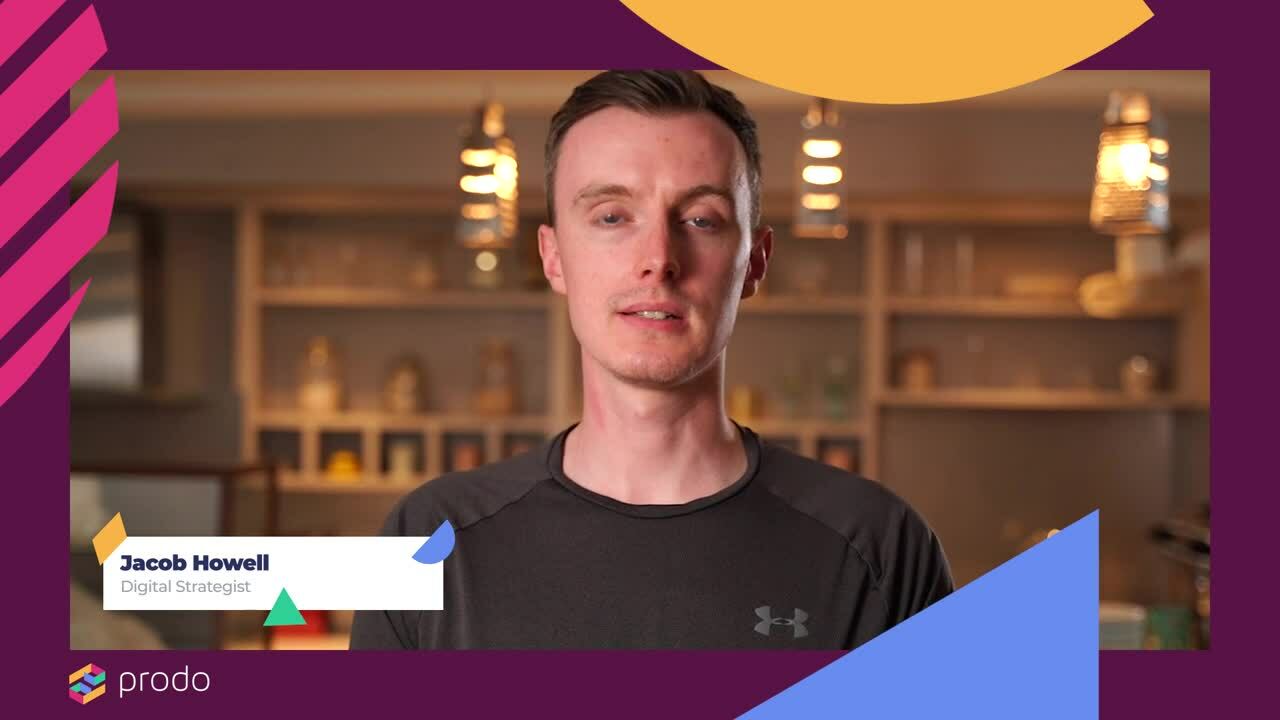
Over the last few months, digital transformation in housing associations has become a need rather than a want. Channel shift – encouraging customers to interact and transact online – became pivotal to keeping services running throughout the Covid-19 pandemic. Many challenges like budget and limited resources were overcome in order to respond quickly to the crisis.
Use our quick links to find out how to solve some of the challenges you could be tackling:
- Adopting an internal cultural mindset
- Conflicting goals / measurement
- Lack of in-house expertise
- The offering isn’t optimised
- No promotional strategy
Incredible things have been achieved out of necessity. With our own clients, we’ve seen chatbots launched that now handle 80% of online conversations and channel shift targets reached in two weekends instead of two years. As always, the sector has demonstrated great resilience and innovation.
We’ve seen first-hand how the community has pulled together at the frontline to support customers, with digital playing a key role whether it’s a WhatsApp group for Housing Officers to liaise with vulnerable customers or augmented reality catch-ups.
So how do we build on this momentum?
This ‘forced’ digital transformation (DX) has meant things that have been in development for years have suddenly been fast-tracked to delivery in weeks. What the sector needs to do now is acknowledge whilst great progress has been made – what has been sacrificed to make it? And how do we keep moving forward?
As we all begin to adjust to this new normal, it’s vital that we take a step back and reassess how digital transformation can support new ways of working. The huge ramifications of COVID-19 have created an opportunity within the sector to drive forward change that’s been needed for years – but there are still challenges to consider and overcome for the transformation to be truly successful.
Here are 5 key challenges of digital transformation you need to think about moving forward to avoid slowing down…
1. Internal cultural mindset
We humans are creatures of habit which means we can be reluctant to change. There’s a common feeling of discomfort around digital transformation across organisations – if a ‘computer’ can do my job, is my job at risk? Especially in the current climate where job security isn't certain. Without a strong digital mindset across your organisation, you’ll struggle to see success.
We’ve always been really clear about how channel shift isn’t about replacing people – it’s about freeing up their time so that they can focus on what matters most. Routine, repeatable calls like repairs appointments and rent payments take up a lot of valuable time. If you go by the PWC figures from a few years ago, you can have 42x more interactions online for the same cost as just one phone call. Now more than ever, people want to talk to people - but only when they need to. They don't need to call someone to book a repairs appointment if they can do it themselves, but they might need to talk to someone about a more serious and complex issue.
Be transparent at every stage of your digital transformation journey to make sure everyone is on the same page. Ask for input, shout about your progress with the wider company and get employees excited about channel shift – they’ll be much more likely to engage.

Source: Envato Elements
2. Conflicting goals / measurement
Once you’ve assembled your core digital transformation team, you need to make sure everyone is aligned with what you want to achieve. You also need to make sure that across the rest of the organisation, everyone is aware of and agrees to your targets and KPIs.
We’ve seen many housing associations face difficulty when they’ve set about delivering a digital transformation project but they’re not tracking the right metrics. For many, the focus is all about initial adoption and sign ups to an online service, when really, you need to be looking further ahead towards ongoing advocacy of your digital channels. In our channel shift survey, we found 46% of organisations put little to no effort into promoting and growing the user-base of customer facing digital platforms.
We’ve got some key metrics to help you understand how to benchmark your current channel shift performance as well as how to measure a self-service portal performance.
3. Lack of in-house expertise
For any project to work, you need to have the right people in the right roles to deliver it successfully. You’ll need both talent and technology to drive your digital transformation project through. Limitations on resource and budget can cut any progress in half. In recent years, many housing associations now have an entire department devoted to digital transformation, which ensures the necessary resource to see success.
It’s not just one team that delivers digital transformation, though. Your entire workforce needs to become fully digitally literate, with the DX team spearheading the initiative and driving adoption. Workshops, training sessions and clear documentation can help everyone feel comfortable as you develop new processes across the organisation.
But it’s possible you simply don’t have the expertise or budget internally to take on such a mammoth project. This brings the perfect opportunity to look towards external providers that can provide consultancy, advice and direction, as well as full implementation of your digital transformation.
Here at Prodo, we love working with housing associations of all shapes and sizes to deliver different projects, each specific to their organisational needs and goals. Take a closer look at the work we’ve done in the housing sector!
4. Offering isn’t optimised
To truly deliver successful digital transformation, you need to make sure your offering is as good as it can be. Customers want to speak to a real person, not be palmed off to a sub-standard digital catch-all where it’s impossible to find the information they’re looking for. Getting both internal and external buy-in is predicated on the services being better than picking up the phone.
What if the digital offering was so good that customers actually chose to use it and adopted it as their channel of choice? That’s successful channel shift. Not all digital solutions are created equal. Your organisation needs to make sure the website, self-service portal, app or chatbot work seamlessly for the user – they need to be intuitive and effortless, because that’s what we expect from digital services nowadays.
You’re no longer just trying to maintain a static website, you’re trying to create a customised knowledge-base that brings in regular traffic and nurtures customer relationships. If your business has an excellent self-service tool then it immediately strengthens your brand’s reputation and creates a positive experience for your clients. Find out what your customers want from your self-service portal.

Source: Envato Elements
5. No promotional strategy
One of the most common pitfalls of a digital transformation project is lack of uptake. You’ve built an online solution – but the customers just haven’t come. As we mentioned earlier, this can be put down to little to no promotion. You can’t expect everyone to shift without guidance but you’ll be surprised at how many you can nudge into using digital channels through simple automation triggers and reminders.
You need to understand how and why people contact you currently then move to promote your online services to match. All promotional outreach needs to clearly define the advantages to your tenants of using an online portal or a chatbot over picking up the phone – a long-term habit that’s going to be hard to break. Whilst creating educational content like infographics, videos and blogs is great, it’s digital, so you need to drive awareness around these resources offline, first. Marketing tactics like inbound can help, seeking to solve tenant’s pain points from the very beginning before slowly nurturing them to a digital solution. Adverts in resident publications, direct mail promotional leaflets and informative posters placed in high-traffic areas of group homes can all help boost awareness of your online services.
Encourage phone agents and housing officers to enquire why people aren’t choosing to use your online platforms, with in-person support groups and sessions available for people to learn. But tact is key – just because someone is vulnerable, doesn’t mean they’re incapable. Housing organisations need to invest in embedding digital inclusion support with localised, personal and responsive services.
By providing broader communal sessions with intensive breakout sessions, people will feel more included and independent, thus more likely to embrace digital as a channel of their own choice.
Final thoughts…
The Coronavirus outbreak has highlighted just how important digital is – it’s all about providing a channel for users that’s accessible and bringing people together. The challenges we’ve outlined are still very much stumbling points for success but they can be overcome with careful planning and forethought. Whilst great progress has been made in the last few months, we now need to build on this momentum with secure foundations for long term success.
Download our 8 step interactive digital transformation roadmap to help form the right path for your organisation and steer yourselves towards success from the outset.


.jpg)
.jpg)